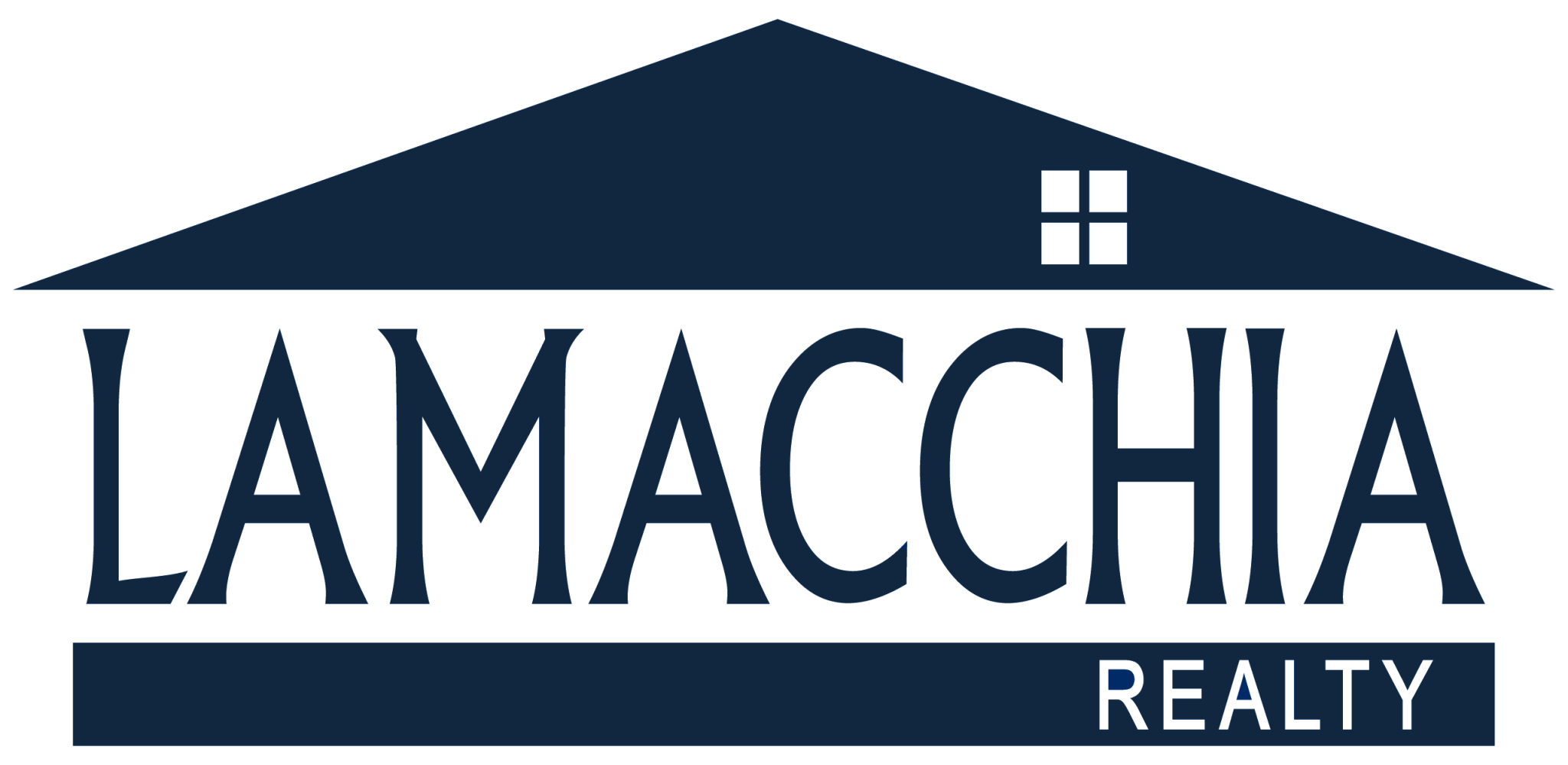
Anyone who owns a house understands just how important home insurance is – it protects what is most people’s most significant investment. When unexpected disasters or damages strike, home insurance can be the key to getting back on track in the aftermath of tragedy. For this reason alone, home insurance provides of peace of mind that is well worth the price. However, as costs everywhere have risen over the last several years, so have home insurance premiums. This has been putting on strain on homeowners’ budgets, with some even foregoing home insurance altogether. In a 2023 survey conducted by the Insurance Information Institute, 12% of American homeowners do not have home insurance due to cost. However, property owners don’t have to compromise on the coverage they need. We dive into six effective strategies to cut down on home insurance costs so that more people can navigate rising prices without giving up their home’s protection.
1. Go Home Insurance Shopping
The best way you can save on home insurance is to find a policy that simultaneously aligns with your budget and meets all your coverage needs. Searching for the right one may take some time, but it will ultimately save you money. There is no wrong way to shop for insurance – you can ask your friends and family, browse online, or even connect with the insurance department in your state. Additionally, the expert REALTOR® who assisted you in buying your home may have some reputable resources that they’d be happy to share with you! After collecting your research, sit down and compare quotes from multiple insurance companies to find the best rate for your coverage needs.
 Another money-saving tip: Find a company that offers a 12-month policy term rather than a 6-month term. This can help save money on policy transaction fees when incurring only once a year instead of twice.
Another money-saving tip: Find a company that offers a 12-month policy term rather than a 6-month term. This can help save money on policy transaction fees when incurring only once a year instead of twice.
2. To Save More Money on Insurance, Consider Bundling Policies
One of the most effective ways to save money on insurance is to bundle your home and auto policies with the same company. Many insurance companies will provide a 5%-15% discount on your premium. Additionally, bundling simplifies the insurance process for homeowners, as they can conveniently manage the insurance and any home and auto claims with a single insurer. Not only does bundling save you money, but it makes getting and maintaining your insurance less of a hassle.
3. Understand the Difference Between Replacement Costs & Market Value
Did you know that you don’t need to insure your home for the full market value? When determining which home insurance policy is right for you, keep in mind that you only really need to insure the replacement cost of the property, which can be vastly different from the market value. A replacement cost is the amount of money it would cost, construction-wise, to rebuild your house, should it be met with a natural disaster, house fire, or any other extreme extensive damages. For example, a home with a market value of $635,000 could have a replacement cost of only about $400,000 – $450,000. Why does this matter? When insuring the home, you can insure the replacement cost ONLY, rather than the full sale price. The less you insure, the less you pay for your premium.
A replacement cost is the amount of money it would cost, construction-wise, to rebuild your house, should it be met with a natural disaster, house fire, or any other extreme extensive damages. For example, a home with a market value of $635,000 could have a replacement cost of only about $400,000 – $450,000. Why does this matter? When insuring the home, you can insure the replacement cost ONLY, rather than the full sale price. The less you insure, the less you pay for your premium.
4. Take the Time to Regularly Maintain your Home
Keeping your home well-maintained can prevent costly damage. Consistently upgrading your property’s roof, exterior siding, plumbing, and electrical systems can make your home less risky to insure. Insurance providers will typically offer much lower premiums for properties that are well-maintained, as they are less likely to experience major damages or claims. This allows you to save money on your monthly insurance, and protect your investment. Not to mention the value it adds to your home should you plan to sell in the future. Ultimately, investing in home maintenance can result in more savings and more equity!
5. Ensure your Peace of Mind by Investing in Home Security
 When people think of the kind of incidents that home insurance protects a property from, many often think of natural disasters or other weather-related damages. However, it is also equally as important to install home security features like alarm systems, and smart home technology such as cameras, deadbolt locks, and smoke detectors to reduce the risk of theft and fire, which can lead to lower premiums.
When people think of the kind of incidents that home insurance protects a property from, many often think of natural disasters or other weather-related damages. However, it is also equally as important to install home security features like alarm systems, and smart home technology such as cameras, deadbolt locks, and smoke detectors to reduce the risk of theft and fire, which can lead to lower premiums.
6. Maintain Good Credit
Maintaining a good credit score can save you money on home insurance by potentially lowering premiums, increasing your eligibility for more favorable discounts, and qualifying you for better coverage. Insurers typically consider those with good credit scores as lower risk, leading to reduced insurance costs. Furthermore, good credit standing can provide access to a wider variety of insurance providers and better policy options, allowing you to find more affordable coverage.
How Can I Reduce Home Insurance Costs in my State?
Ultimately, insurance policies can significantly vary state by state, so it’s crucial to take the time to familiarize yourself with the ins and outs specific to your state’s regulations. One smart approach to gaining a good understanding of these nuances is by speaking with a qualified and licensed home insurance expert. By doing so, you can make well-informed decisions and ensure that your insurance coverage aligns perfectly with your specific state’s requirements and your personal needs. Additionally, you can also speak with your REALTOR®, as they can connect you with their recommended insurance providers. It’s also crucial to note that in every state, lenders always require home buyers to have home insurance. In fact, many lenders require the first-year premium to be paid at closing. Always consult with a licensed insurance agent on the intricacies of this process.
With these money-saving strategies, you can effectively save money while also protecting the place you call home!
**Lamacchia Realty, Inc. is not a licensed insurance agency. The information on this website is for illustrative and educational purposes only and is not intended as an offer or solicitation for any insurance product or any financial instrument. Consult with a licensed insurance agent for specific insurance products and for more information about underwriting guidelines, rates, and other requirements you may need to meet to qualify for an insurance policy. **
